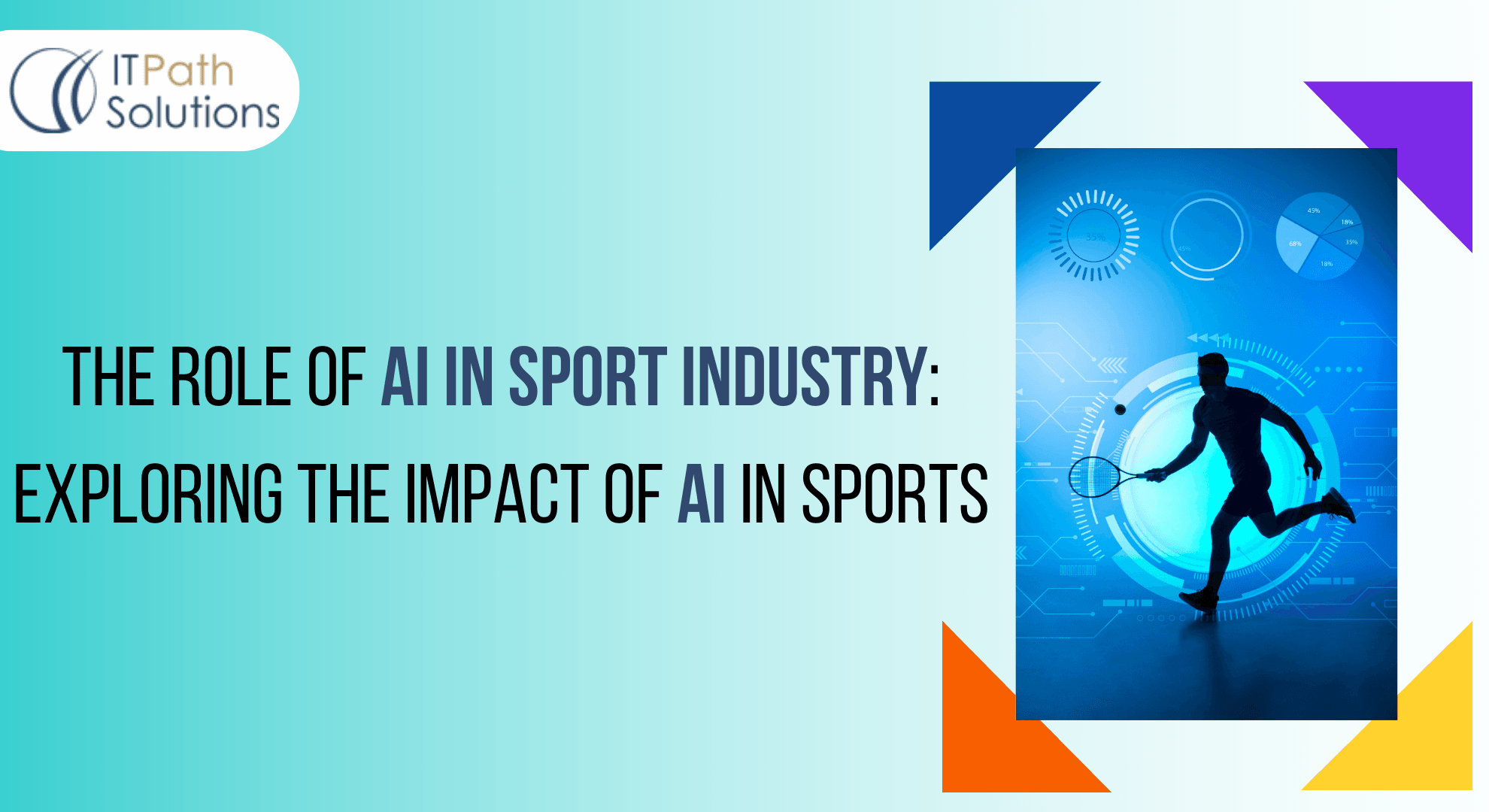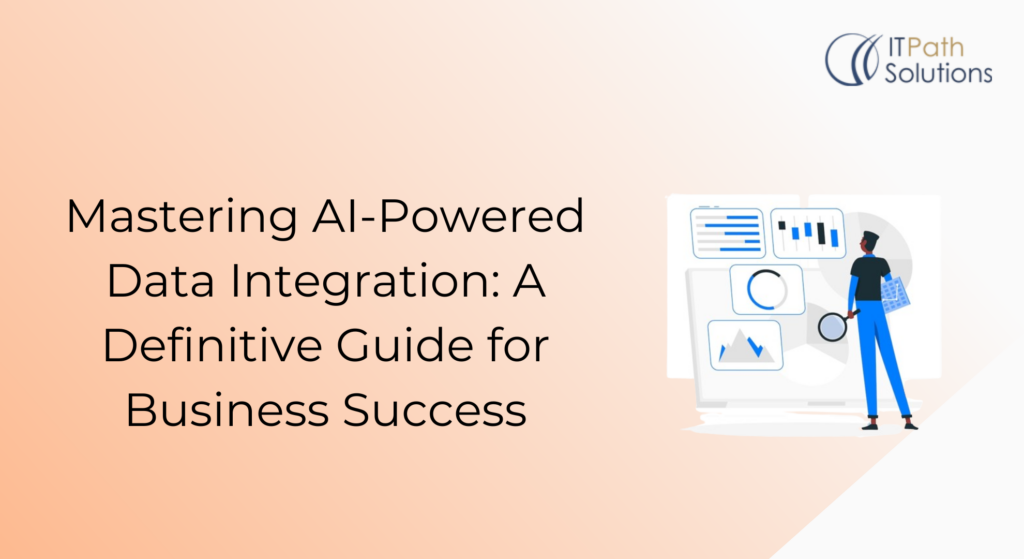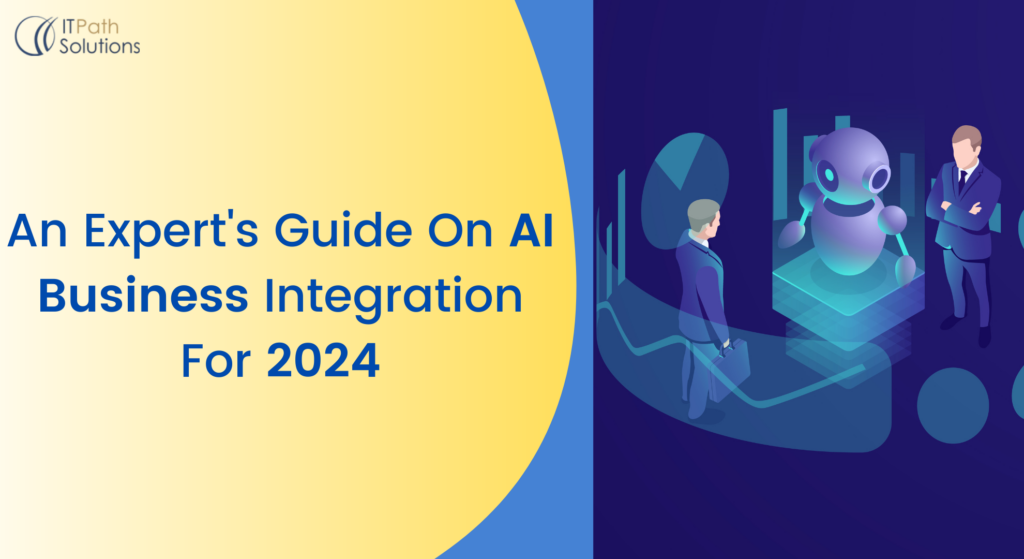AI In Sports: Exploring the Impact of AI in Sports
Artificial Intelligence
Additionally, AI is enhancing opponent analysis, enabling teams to create more successful game plans by identifying patterns and tendencies. Moreover, AI is being utilized for real-time tracking and monitoring of athletes during training sessions or games, providing immediate insights and visualizations that aid in strategic decision-making. Furthermore, AI is revolutionizing fan engagement, offering personalized content delivery, real-time engagement, and immersive experiences. The potential applications of AI in the sports industry are vast, and as the technology continues to develop, the industry is expected to see even more innovations in the future.
AI Statistics in Sports and Gaming
AI can improve fan engagement in sports through various methods, including personalized content delivery and real-time engagement. By analyzing fan behavior, preferences, and past interactions, AI can deliver highly personalized content, enhancing the overall fan experience. Additionally, AI can provide real-time updates, statistics, and predictive analytics, allowing fans to interact with the predictions and even take part in the game. Furthermore, AI can create personalized, highly interactive experiences, leading to greater fan loyalty and more meaningful engagement.
AI techniques used for fan engagement in sports include:
- Personalized Content Delivery: AI can analyze fan behavior, preferences, and past interactions to deliver highly personalized content, such as real-time updates and statistics, enhancing the overall fan experience.
- Real-Time Engagement: AI can provide real-time insights and visualizations, allowing sports broadcasters, analysts, and fans to access key insights and engage with the content more effectively.
- Fantasy Sports and In-Game Betting: AI can boost the experience of fantasy sports and in-game betting by providing personalized data and content to create unique experiences for fans.
- Predictive Analytics: AI and machine learning can be used to predict game outcomes, allowing fans to interact with the predictions and create a more immersive experience.
- Virtual Reality and Simulated Games: Generative AI can generate realistic virtual environments where fans could participate in simulated games, providing highly interactive and personalized experiences that translate to greater fan loyalty and more meaningful engagement
Real-Time Tracking
AI is revolutionizing the way coaches and teams approach real-time tracking in sports, offering personalized insights and recommendations to optimize performance and improve decision-making. Computer vision is used for human motion sensing and tracking using video sequences, providing real-time insights into player movements and orientation. This technology can be used to track players’ movements and the orientation of their bodies, providing valuable data for coaches and players to make informed decisions during games. AI is being used to enable real-time tracking in sports through various applications, particularly in the context of computer vision and machine learning.
AI techniques used for real-time tracking in sports include:
- Tracking Players’ Performance in Soccer: AI is used to track players’ performance in soccer using human pose estimation, which involves analyzing video sequences to track players’ movements and provide valuable data for performance analysis and strategy development.
- Motion Sensing and Tracking in Basketball: AI is utilized to evaluate basketball players’ skills through computer vision and machine learning, enabling real-time tracking and analysis of players’ movements and performance.
- Object Detection and Ball Tracking: AI systems use computer vision and deep learning models for real-time object detection and ball tracking in sports such as basketball, football, and soccer. These applications provide valuable insights for performance analysis and strategy development.
Opponent Analysis
AI can improve opponent analysis in sports through various methods, including the use of computer vision, predictive modeling, and real-time tracking. By analyzing opponent data, AI systems can identify patterns and tendencies, allowing teams to create more successful game plans. This can include assessing a team’s formation, the number of goals scored, key passes for goal-scoring opportunities, and the number of passes between teammates. AI is revolutionizing the way teams approach opponent analysis in sports, offering personalized insights and recommendations to optimize game strategies and improve decision-making.
AI techniques used for opponent analysis in sports include:
- Pattern and Trend Identification: AI platforms can identify patterns and trends in opponent analysis, providing valuable insights into opponent playing styles, tactical patterns, and individual player performance. This enables teams to develop game plans and strategies tailored to exploit weaknesses and counter opponent strengths.
- Computer Vision and Machine Learning: AI systems use computer vision and machine learning algorithms to analyze game footage, statistics, and tactical patterns, uncovering insights about opponents’ playing styles. This analysis assists in the development of game plans and strategies tailored to exploit weaknesses and counter opponent strengths.
- Real-time Tracking and Monitoring: AI enables real-time tracking and monitoring of opponents during games, providing coaches with immediate insights and visualizations to make data-driven decisions
Some challenges that come with integrating Artificial Intelligence in sports
Data Privacy and Security:
AI relies on vast amounts of data, including biometric and personal information, which raises concerns about data privacy and security. Ensuring the security and privacy of this data is crucial to prevent unauthorized access and misuse.
Cost and Accessibility:
Implementing AI technology can be expensive, raising concerns about its accessibility across all levels of sports. Significant investment is required to develop and implement AI in sports, which may pose challenges for smaller organizations or leagues.
Legal and Ethical Concerns:
The use of AI in sports refereeing raises legal and ethical concerns, including issues related to algorithmic discrimination, health and safety, and employment safety. There is a need for more research and measures to address these concerns before the full adoption of AI in sports refereeing.
Resistance and Acceptance:
There is resistance and reluctance to fully embrace the use of AI in sports refereeing. Some stakeholders, including players and fans, may have concerns about the potential impact of AI on the game, such as the loss of the human element in officiating and the potential for increased scrutiny and regulation.
Maintaining the Balance Between Technology and Human Judgment:
The integration of AI in sports refereeing aims to complement the skills of human referees, ensuring fairness and enhancing the quality of play. However, maintaining the balance between technology and human judgment is a critical challenge, as the reliance on AI should not overshadow the expertise and experience of human referees.
Conclusion
The integration of Artificial Intelligence into the sports industry represents a transformative leap forward, offering unprecedented opportunities for athletes, teams, and fans alike. As AI technologies continue to evolve, they promise to enhance athlete performance, revolutionize training methods, optimize strategies, and enrich the fan experience. However, realizing the full potential of AI in sports requires addressing challenges such as ethical considerations, data privacy, and inclusivity. By navigating these challenges responsibly and embracing AI innovations, the sports industry can unlock new levels of excellence, competitiveness, and engagement, shaping the future of sports in exciting and unpredictable ways.
As AI technology continues to evolve, the sports industry is expected to see even more innovations in the future. IT Path Solutions, as a leading AI/ML development company, has the opportunity to contribute to the ongoing development and ethical implementation of AI in the sports industry, addressing these challenges and leveraging the potential of AI to drive positive and transformative changes in sports.
 Healthcare
Healthcare  Education
Education  Real Estate
Real Estate  Logistic
Logistic  Fitness
Fitness  Tourism
Tourism  Travel
Travel  Banking
Banking  Media
Media  E-commerce
E-commerce  Themes
Themes
 Plugins
Plugins
 Patterns
Patterns







